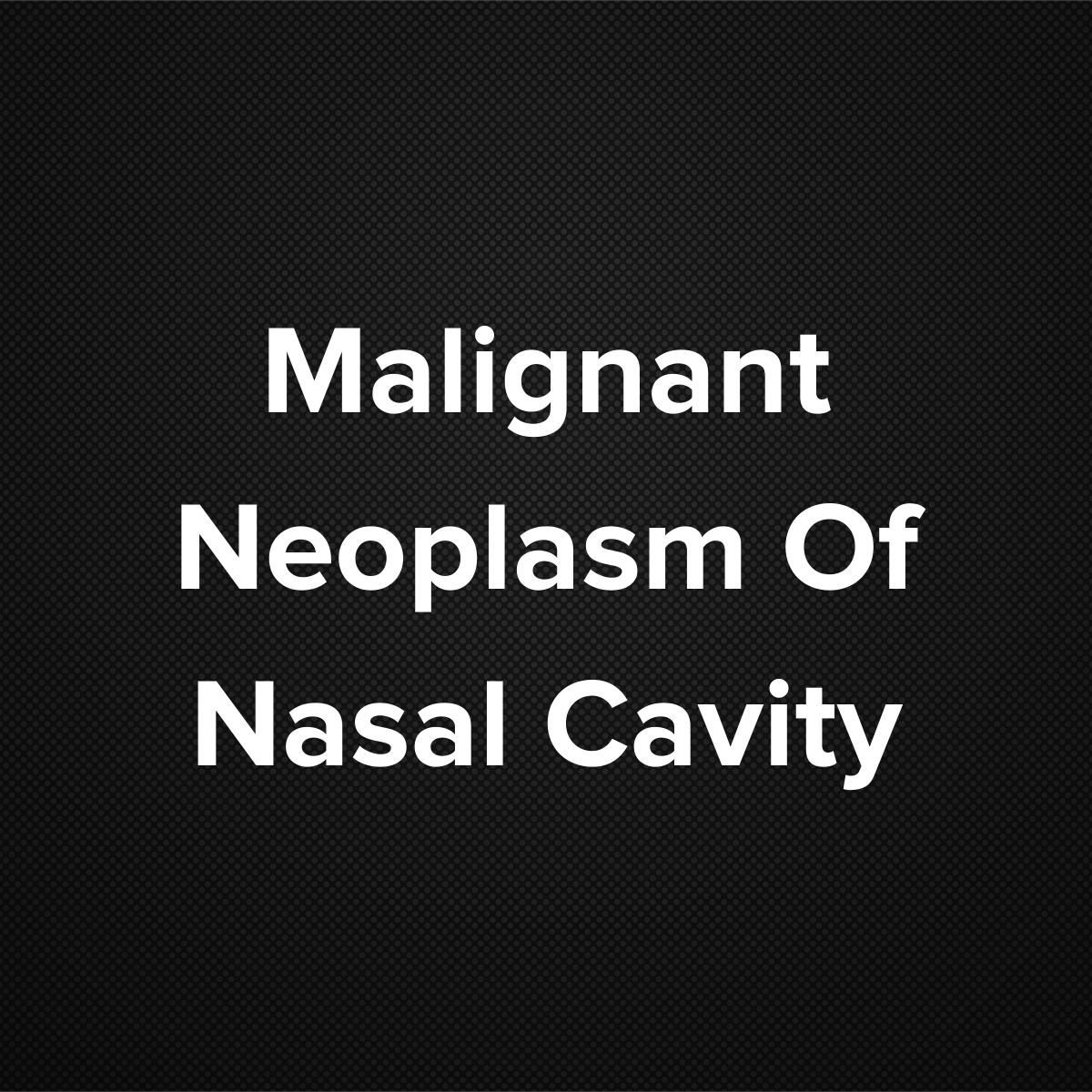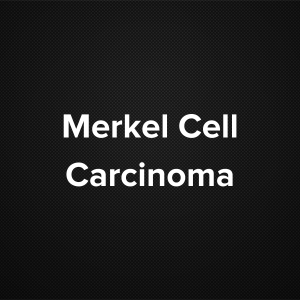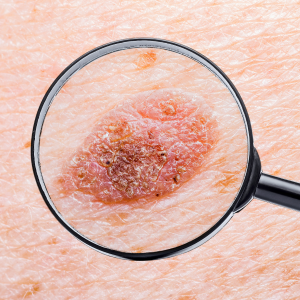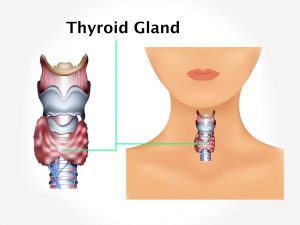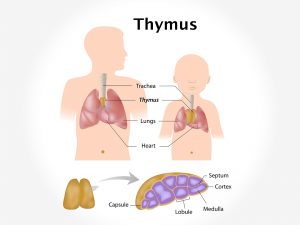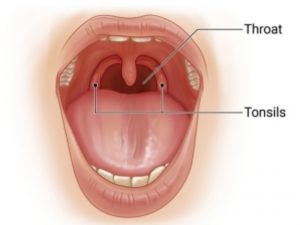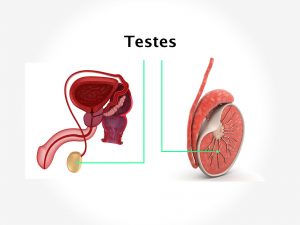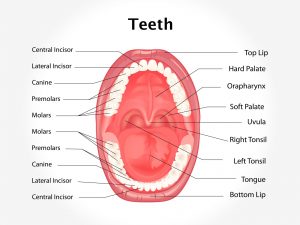Causes and risk factors
The cells undergo an abnormal and uncontrolled proliferation. Eventually these clusters of cells lead to formation of a tumor or mass. What causes this abnormal growth is still a mystery. However, tedious research and study of various cases have laid down certain risk factors which can predispose a person to cancer. Genetic factors head the list. Unlike other cancers, cancer of nasal cavity is caused due to a certain abnormality or mutation in the genes which stimulate the cells to undergo an abnormal proliferation. People with weak immune system and industrial workers who are exposed to a variety of substances are more prone towards developing cancer of the nasal cavity. Inhalation of substances like radium, nickel, and chromium gas, leather dust, etc., increases the chance of nasal cancers. It is also commonly seen in people working in flour and baking mills. Although still not clear, smoking might cause nasal cancers. Human papilloma virus, which causes a benign growth, has also been a precursor for development of cancer. Cancer of nasal cavity can occur as a result of metastasis due to cancer occurring in the throat or chest region.
Clinical presentation:
Indolent growth of the abnormal cells in its initial stage does not pose any noticeable signs and symptoms in the body, hence the patient remains asymptomatic for a long period. Over a period of time though, the patient can come up with other health issues. On most of the occasions, the patient usually comes up with vague symptoms like bodyache, fatigue, or tenderness all over the body. A noticeable change in weight is complained by the patient or is brought into notice by the loved ones. Unexplained bleeding from nose is a prominent feature of nasal cavity cancer. A lump or soreness can be felt in the nose. Nasal congestion, a feeling of stuffed or blocked nose, pain below the eyes, and affection of olfactory senses are commonly complained by the patient. Tingling and numbness of the face are the other symptoms seen. Metastasis can lead to various other complaints pertaining to that system or organ.
Investigations:
A detailed history of the patient to evaluate the signs and symptoms and risk factors is taken into consideration. In order to examine the nasal cavity, a nasal endoscopy is carried out. If this suspects any abnormality, the patient is referred to an ENT specialist. Further, certain sets of investigations are carried out which include investigations like x- ray, CT scan, and MRI are done. If any abnormal growth or mass is detected, a biopsy is done which will help to differentiate between the benign and neoplastic cells. If the cancerous growth is confirmed, certain other sets of investigations like routine blood test and blood markers for cancer are diagnostic. A complete scan (PET scan) is the most essential investigational tool mandatorily advised in all cancerous conditions.
Treatment:
Staging of cancer, (i.e., advancement and spread of pathology) is the essential tool for formulating the treatment plan. In early stages, surgery is opted. It aims at removal of the cancerous tumors. In severe cases, a part or the entire nose is treated. In such cases, reconstruction of the nose or use of cosmetic prosthetics is done. Wide local excision is often the choice of surgery. In advanced cases along with surgery radiation and chemotherapy are needed.
Recent updates:
As per the article published by the American Cancer Society, more clinical trials and research needs to be done in case of cancer so as to find better treatment methods. A new research conducted has revealed that many of the cancers of head and neck are caused due to mutation of the tumor suppressor gene TP53.
